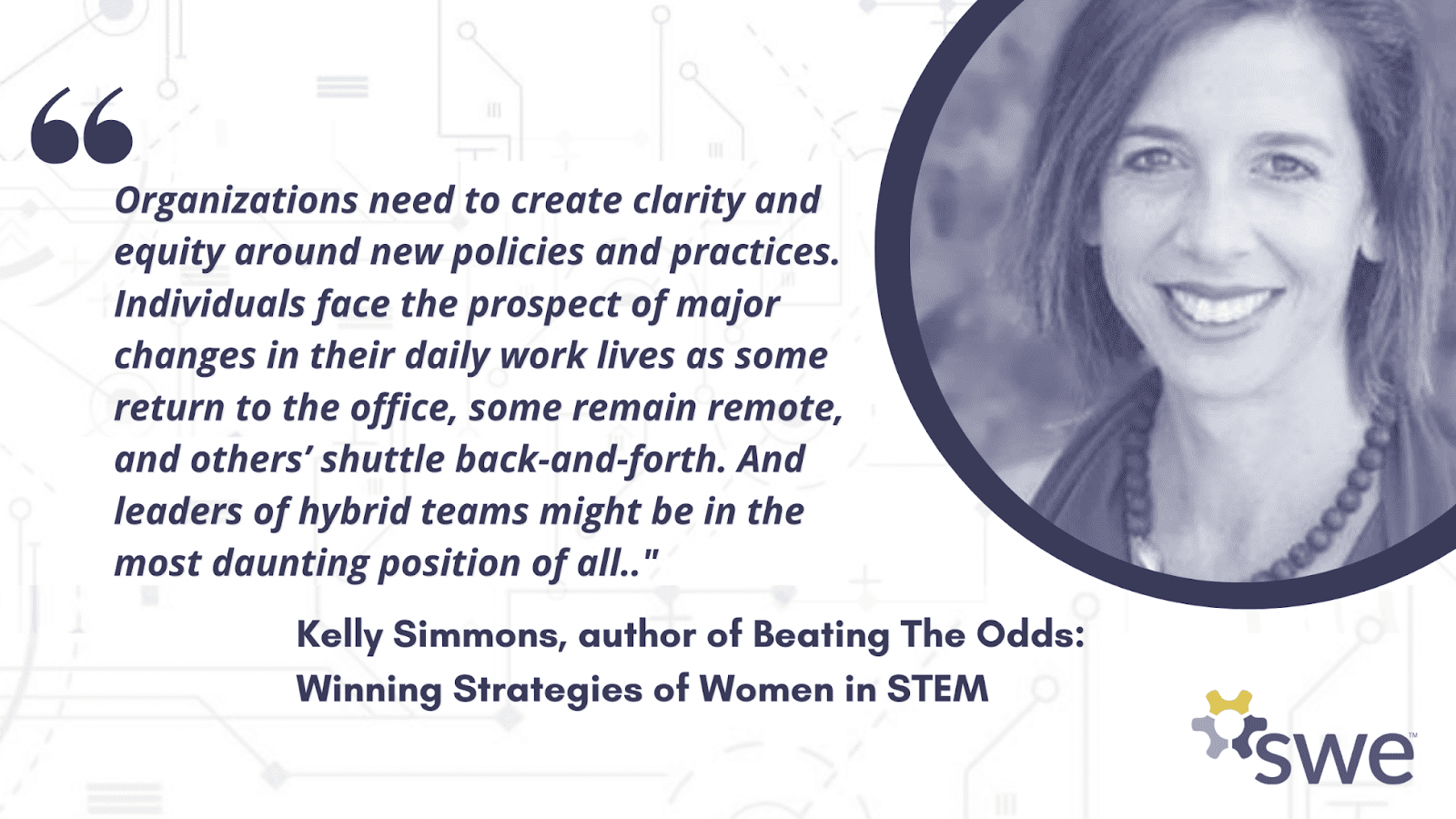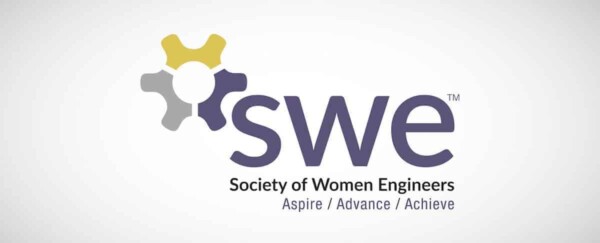A major shift is underway that’s fundamentally altering when, where, and how work occurs. As organizations confront new realities, hybrid teams are emerging as the primary way of getting things done. Hybrid teams present new challenges and new opportunities. But for right now, there’s a lot of uncertainty to navigate.
Organizations need to create clarity and equity around new policies and practices. Individuals face the prospect of major changes in their daily work lives as some return to the office, some remain remote, and others’ shuttle back-and-forth. And leaders of hybrid teams might be in the most daunting position of all.
Leading a team is difficult to begin with – now the prospect of accomplishing this in a new, more complex, more dynamic environment raises the challenge level – and the stress. At the same time, it’s a time full of opportunity. Organizations need to consider the importance of communication skills and truly listen to understand their people to build trust in the new hybrid world of work. Acknowledging that there is no single answer, pushing decision making power to teams is enabling culture and process to be designed by workers and teams themselves. The question is how to best do this?
In our review of the market and research we found the following needs:
- The Future is Hybrid: Going forward, executive anticipate that 80% of employees will be in the office 1-4 days per week. (McKinsey)
- The Future is Now: More than 70% of surveyed organizations are planning to reopen their workplace in the next 6 months (May to October 2021) (Conference Board)
- Talent is Suddenly Everywhere: Remote job postings have increased more than five times on LinkedIn and attract a diverse talent pool. Women and Gen Z are among those more likely to apply for remote vs. on-site positions. (LinkedIn)
- Out of sight, out of mind? Nearly 60% of professionals surveyed were concerned that admitting to their boss that they would prefer to stay working remotely would hurt their chances of career advancement. (Korn/Ferry)
- Should I stay or should I go? 58% of workers say they would “absolutely” look for a new job if they weren’t allowed to continue working remotely in their current position. Another 31% aren’t sure what they would do, and only 11% say not being able to continue working remotely is not a big deal to them. (FlexJobs)
- Let me get back to you on that. As of May 2021, 68% of organizations said they had no detailed vision or communicated a plan for hybrid work. [Employee perceptions matched this.] (McKinsey)
- Is remote the new out-group? Research suggests full-time remote employees are concerned about being passed over for promotions.
Hybrid Work has existed long before Covid. Now it is not a fringe circumstance, but the main event. This means we need to become intentional about defining the hybrid work environment we want to create. This applies to all leaders globally. When we look at what this means for leadership, we find:
- No recipe: In this post-covid hybrid world, we need to actively design our work environment.
- Burnout is not an option. We need smart ways to ensure people feel whole, satisfied & productive.
- Culture Conundrum. Leaders need new ways to create culture, cohesion and shared experience in a hybrid world.
- It’s tough stuff. The pivot to hybrid adds complexity, change and stress for leaders.
- People first leaders need to be nurtured. Self-awareness, emotional intelligence and effective communication improves relationships, communication flow to drive results in a hybrid world.
- Practice Agility. Agile leaders flex to the continual changes that underpin our hybrid world.
- Elevate WE. Teams need capabilities to collectively redefine how to work, thrive and excel.
- Inclusion is everything. The sensitivity of the past years, means that inclusive practices need to be woven into everything.
Kelly Simmon’s presentation, Leading Exceptional Hybrid Teams is available on-demand on the Advance Learning Center.
Author
-
Kelly Simmons is the Global Director of Consultative Solutions at the Center for Creative Leadership, where she leads a team responsible for integrating solutions, content, and technologies that help answer clients’ most pressing needs. As an experienced advocate in systemic change, Kelly has spoken and written on the topics of team and organizational systems. Her publications include the book, Beating the Odds – Stories of Women in STEM as well as a chapter on Team Systems in the publication: Do You Work or Collaborate?






